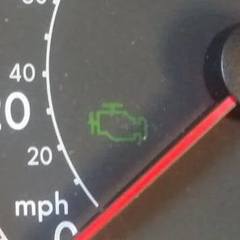Toto, I don't think we're in China anymore - US companies adopting social credit score system
- Prev
- 1
- 2
- 3
- 4
- 5
- 6
- 7
- 8
- 9
- Next
- Page 4 of 10
- Prev
- 1
- 2
- 3
- 4
- 5
- 6
- 7
- 8
- 9
- Next
- Page 4 of 10

This topic is now closed to further replies.
Share
Followers
2


















